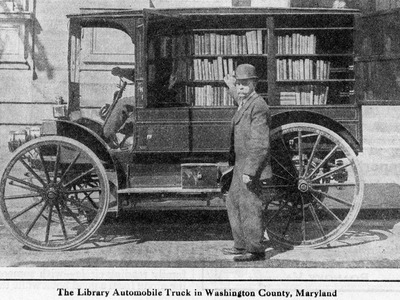Too Late to Hire a Reading Tutor?
 Wednesday, October 26, 2011 at 4:55PM
Wednesday, October 26, 2011 at 4:55PM  Art Meisler
Art Meisler The Average Student?
 Many students muddle through their middle and high school year with modest success in reading-intensive courses – language arts, social studies/history as well as science. Such students dread homework assignments and studying for tests; they do the minimum of work and their grades (Cs and Bs) reflect this reality. For too many students, this is the norm, a level of performance that they’ve already resigned themselves to for many years. Why fight an uphill battle? It can’t get any better, they think. They are, of course, wrong.
Many students muddle through their middle and high school year with modest success in reading-intensive courses – language arts, social studies/history as well as science. Such students dread homework assignments and studying for tests; they do the minimum of work and their grades (Cs and Bs) reflect this reality. For too many students, this is the norm, a level of performance that they’ve already resigned themselves to for many years. Why fight an uphill battle? It can’t get any better, they think. They are, of course, wrong.
Give Your Child Choices
Unfortunately, many parents, through inaction, tacitly agree to this absurd notion.
- Absurd because this suggest that for something that is so important, mediocrity is acceptable.
- Absurd because such an attitude allows a child to admit defeat.
- Absurd because it’s never too late to learn. Never.
Regrettably, many parents are unaware that perpetual struggles in school are the result of deficient reading comprehension, study and organizational skills – deficiencies that can and should be remediated at any age.
Not every student is going to Harvard or Princeton. Not every student is even going to college. But every child should, at minimum, view college as a viable option, and not just something that “the smart kids” go to. Give your child this option by making her a better reader.
Become a Better Reader Now
Although numerous studies have demonstrated that the most critical learning years end at 3rd grade, for the slightly older student, parents shouldn't despair. Learning is a lifelong process, and for the student who has not reached his potential, this just means that the acquisition of new and improved reading skills, for example, may take a bit longer and may require more effort.
Extra effort, however, is no excuse for inaction. If your child struggles with reading-intensive subjects in school, have him tested to learn precisely which areas of reading comprehension (main idea, cause and effect, inferencing, vocabulary) need attention. With this knowledge in hand, take the appropriate action: work with him at home, arrange for extra help at school, or hire a private reading tutor.
It is the Size of One's Will That Determines Success
Don’t give up. Give your child every advantage to chart his future with all options on the table. Think positively. And remember:
“I CAN is 100 times more important than IQ”






